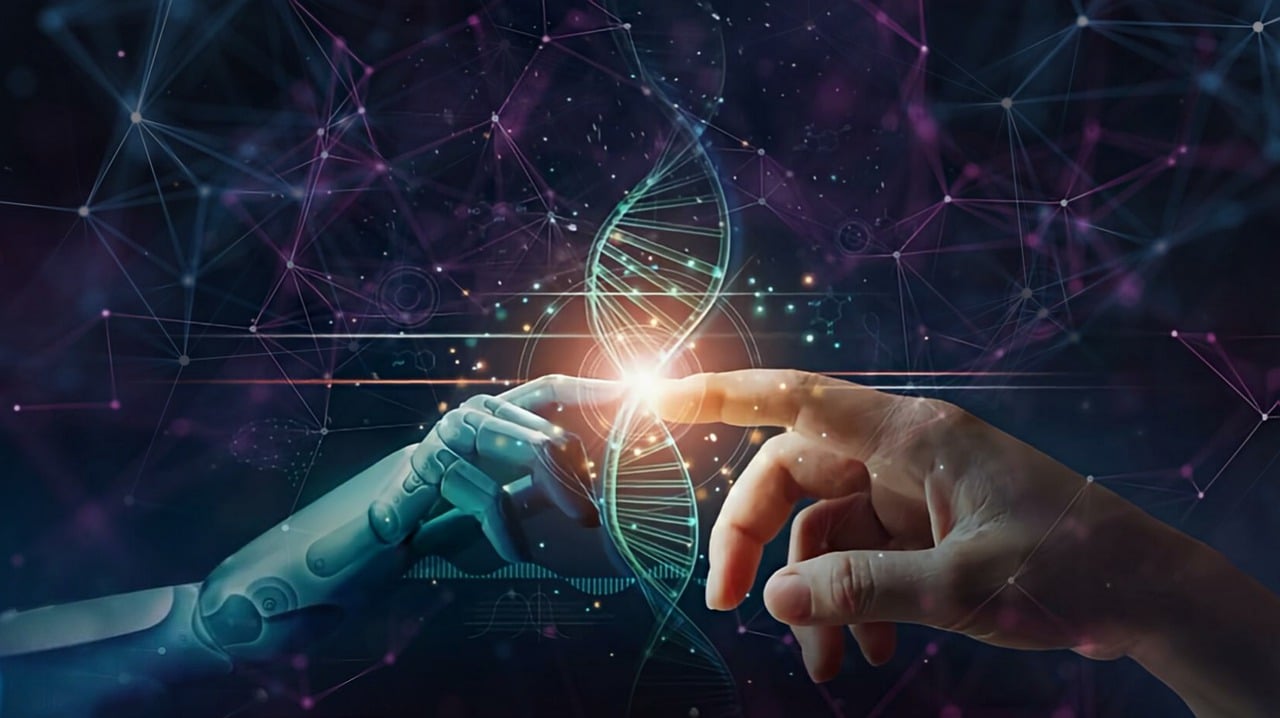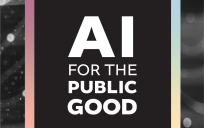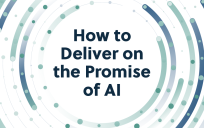In many government agencies, automation and artificial intelligence (AI) are reshaping traditional roles, including those of knowledge management professionals. Contrary to concerns about obsolescence, many of these professionals are now being tasked with the pivotal role of orchestrating the automation of knowledge with AI within their organizations. They are leveraging cutting-edge technology, such as innovative answer engines, to empower their agencies by bridging the gap between human wisdom and machine intelligence.

This transformative approach not only unlocks the full potential of organizational knowledge but also addresses the pressing challenge of efficiently harnessing all the valuable domain-specific knowledge curated by experts. As we embark on this journey, it promises to shape a knowledge management landscape in government that is both potent and profoundly human-centric. It offers government agencies the tools to provide constituents with accurate responses and deliver on long-awaited dreams of practical and efficient knowledge management.
Large Language Models (LLMs): A Glimpse Into Automation Potential
Large language models (LLMs), exemplified by ChatGPT, have garnered substantial attention for their ability to mimic human language understanding and generation. These models are trained on a vast corpora of text data, learning the nuances of language, enabling them to comprehend and generate text that is often indistinguishable from human writing. They excel at document summarization, language translation, and content generation tasks. But despite their remarkable capabilities, LLMs have limitations.
While LLMs are proficient at processing and generating text, they are essentially sophisticated pattern-matching machines. They lack the contextual understanding and domain expertise that human knowledge managers possess. Knowledge management is not solely about information retrieval. It also requires ensuring context, accuracy, and relevance. It involves interpreting knowledge within the specific needs and goals of each agency and its citizens, which requires a nuanced understanding that goes beyond mere text processing.
The Answer Engine: Uniting Machine and Human Expertise
Enter the answer engine, a groundbreaking approach that harmonizes the power of LLMs with the irreplaceable insights of knowledge management professionals.
At its core, the answer engine capitalizes on the vector embeddings and text generation capabilities derived from LLMs, which capture semantic relationships between concepts and enhance search and retrieval and generative question-answering capabilities. By integrating the power of LLMs, the answer engine empowers users with faster and more accurate access to knowledge, leveraging the pattern recognition strengths of machine learning.
Its unique ability to integrate human-curated knowledge sets the answer engine apart. Knowledge management professionals encode their domain-specific expertise and industry insights into the system. This ensures that the knowledge remains contextually relevant and aligned with organizational goals. The answer engine allows experts to refine and customize its output, making it a dynamic tool that adapts to an organization’s evolving needs.
Empowering Government Agencies With the Answer Engine
The inadequacy of most current LLM approaches in integrating the wealth of human-curated knowledge within government agencies has led to mounting frustration among employees and constituents alike. GenAI, despite its considerable capabilities, cannot directly address this challenge without substantial investments in more advanced and specialized AI models.
Powered by answer engines, government agencies can transcend the limitations of AI systems that are confined solely to LLMs. These engines enable users to effortlessly access invaluable domain-specific knowledge meticulously crafted by experts, offering heightened accuracy, trustworthiness, and real-time adaptability. This collaborative approach allows all parties to reap the benefits of the rich knowledge base many agencies have diligently cultivated.
As government agencies navigate the changing landscape of knowledge management, the synergy between the capabilities of answer engines and the expertise of knowledge management professionals promises to reshape the future.
It’s a future where automation complements human wisdom, unlocking the full potential of organizational knowledge and ensuring that government agencies can respond effectively to constituent inquiries, ultimately fulfilling the promise of practical and efficient knowledge management. The ability to provide constituents with accurate responses, devoid of hallucinations, is no longer a distant aspiration but a tangible reality — one that we eagerly anticipate embracing.
Ryan Welsh is the founder and CEO of Kyndi, a global provider of the Kyndi Platform for the Natural-Language-Enabled Enterprise, an AI-powered platform that empowers people to do their most meaningful work. To learn more visit https://kyndi.com/ or follow them on LinkedIn and Twitter.





Leave a Reply
You must be logged in to post a comment.